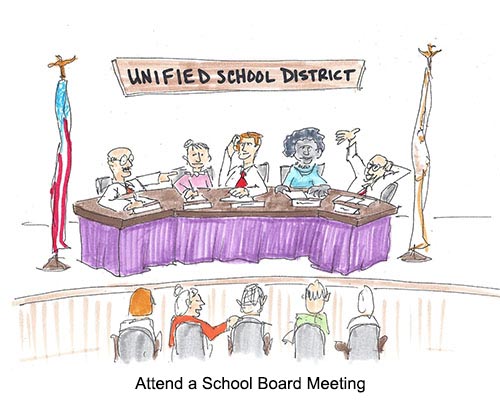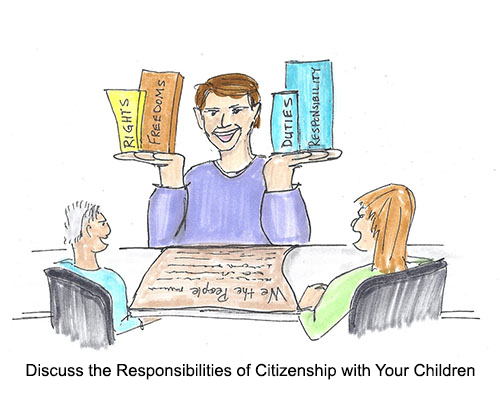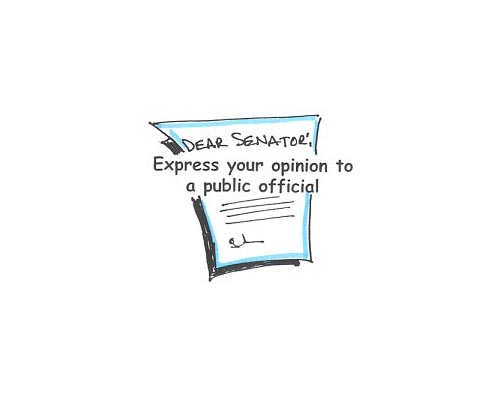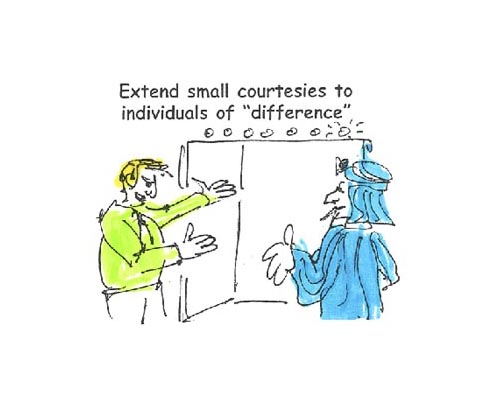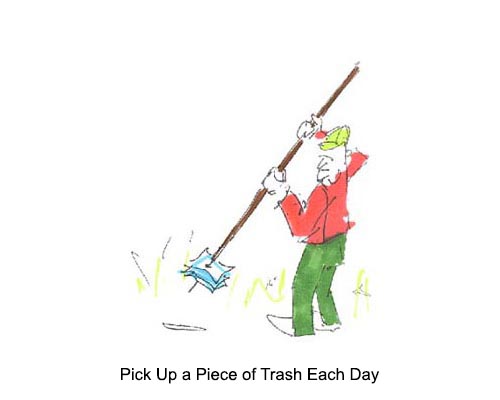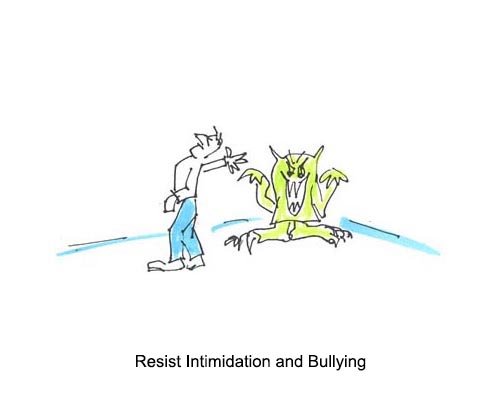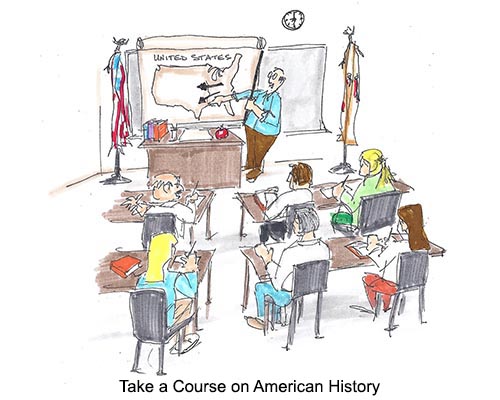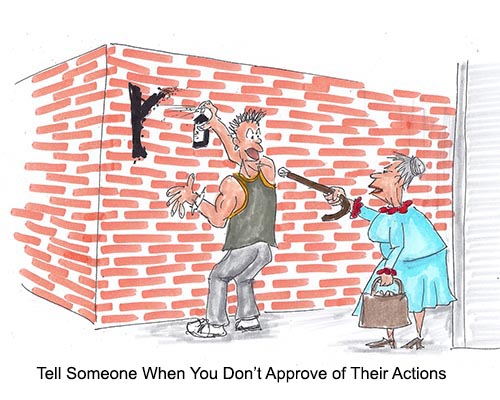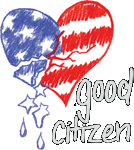The Constitution and other founding documents talk mostly about our “inalienable rights”. These rights are freedoms that every individual in this country is able to enjoy. Also, we live in an era where the focus on our “rights” is strong – and perhaps a bit out of kilter with what was intended. It seems that special interest groups, as well as individual citizens, often use the phrase “have the right to” in ways intended to serve their best interest and not the country’s best interest, as intended by the founding fathers.
There are many things we take for granted. The ability to freely say what we believe is one of them. Amazingly, in many countries, when one speaks out against the government, there is the prospect of recrimination, jail, or even bodily harm.
When you hear or read something that has national implications and with which you agree or disagree, expressing your feedback to the appropriate organization or person does a couple of things:
- It lets the organization know that people are hearing their message and how they’re reacting to it and
- It allows Americans to express their viewpoints in ways other than voting.
Expressing our opinions is the only way others know what we think. It helps us formulate our own beliefs, and encourages others to form and express theirs also.
Elected Officials
You’d be surprised and pleased at the impact feedback to a public official can have. Most public officials have websites with contact information. Here are some links for sending your senator, house representative or the President a note.
- The official White House web site. The official U.S. House of Representatives web site. The official U.S. Senate web site www.congress.org allows you to find and communicate with members of congress; the president and vice-president and white house staff; the Supreme Court and state governors; and to track legislation.
- www.e-thepeople.com is a creative, interesting and useful site. Allows on-line letters to be sent to over 170,000 government officials in over 9,800 towns. It also allows one to start a petition or to sign one already established and/or join in discussion groups about major topics being discussed nationally.
Radio Talk Shows
Another great venue for expressing your opinion and being heard by a lot of people is on a radio talk show. It’s not as hard as it might seem to get through. Keying-in a radio station’s call letters (e.g. KABC) into a Google-type search engine will usually yield a website with contact information. Some popular talk shows are rebroadcast in certain time zones so check the web site for times when calls are excepted.
Letter to Editor
Writing a letter to the editor is also an effective way to express your opinion. Because letters to the editor need to be brief, writing such letters often forces us to focus on the essence of our thinking.
There are so many issues that need creative, well-thought out solutions. The country needs to hear what you think. Our country is based upon an educated citizenry.
